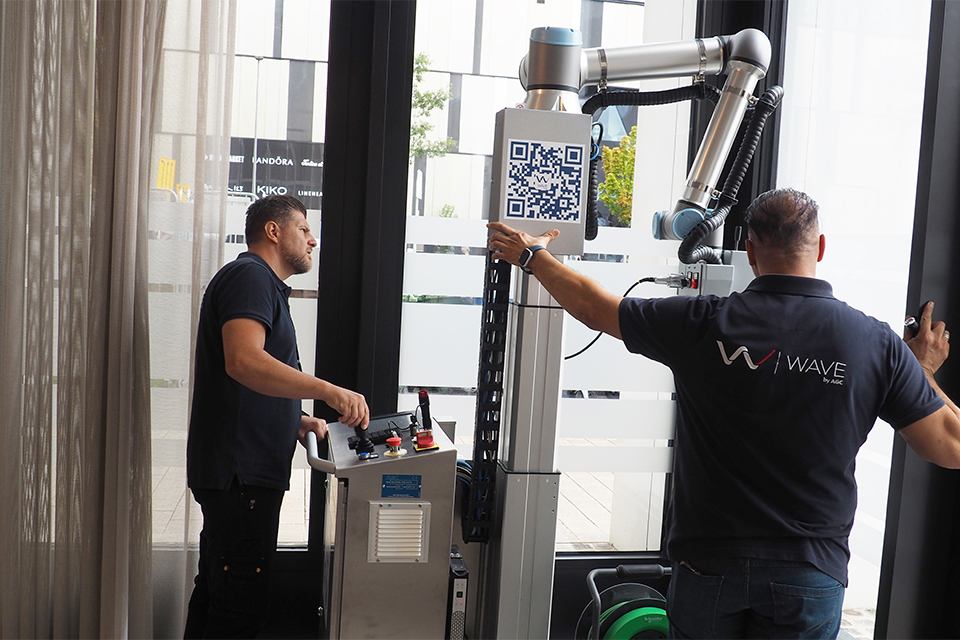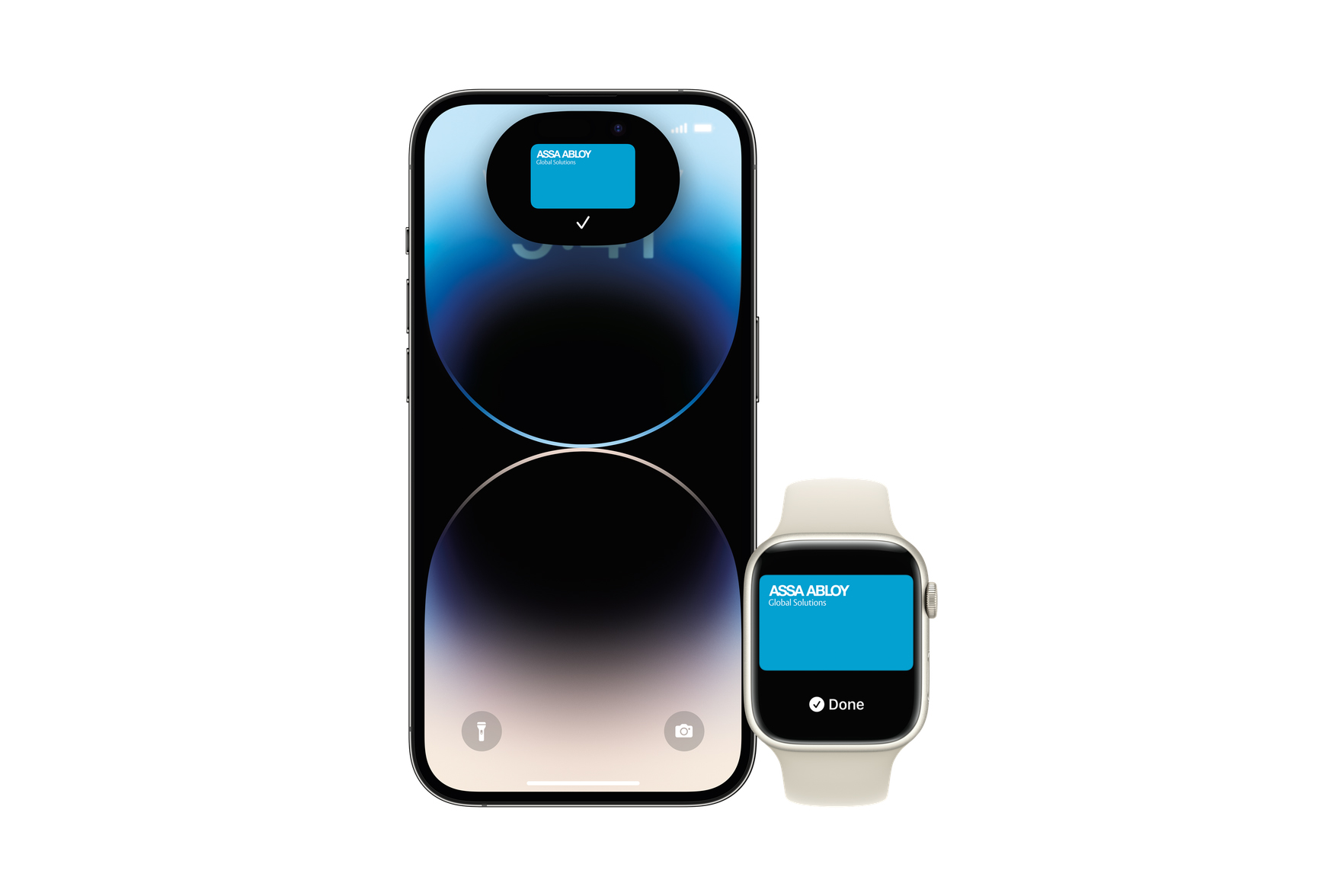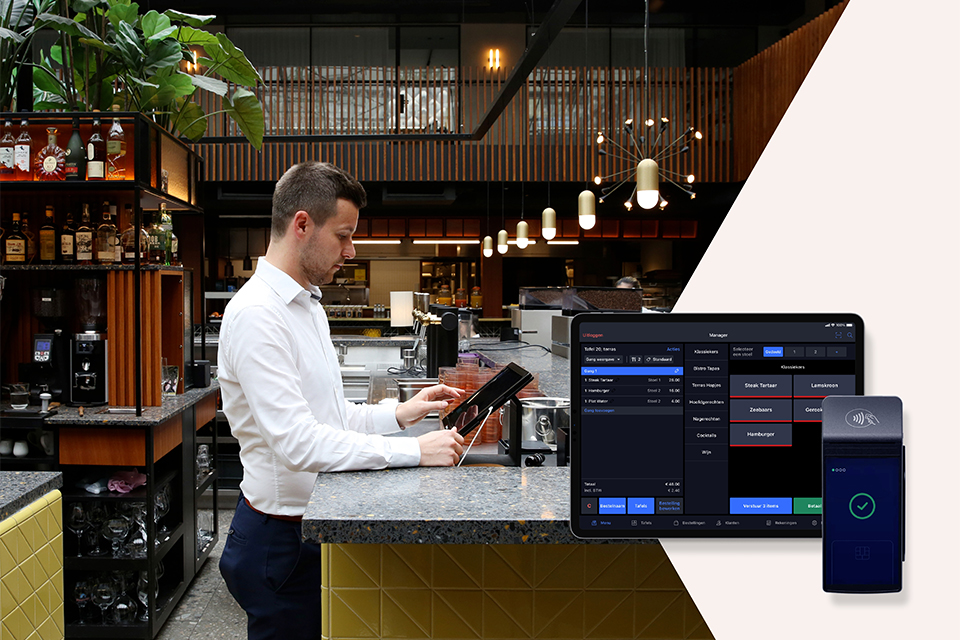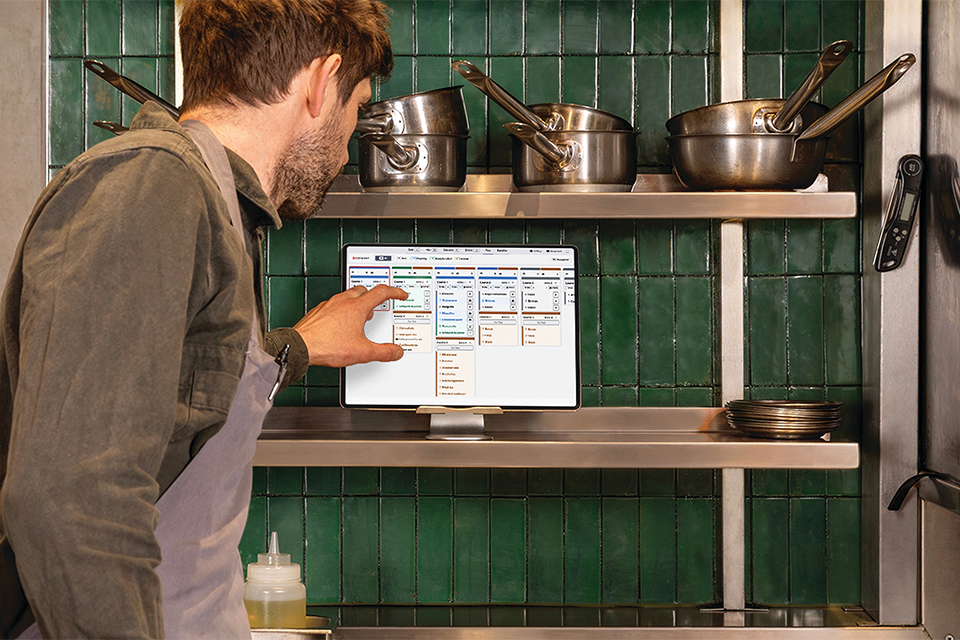
What hotel restaurants can learn from the stress in 'The Bear'
The difference between chaos and a flawless shift
In the frenetic kitchen of hit series The Bear, where every "Yes, Chef!" is only just above the din, precision is not a luxury, but pure necessity. Chef Carmen "Carmy" Berzatto knows that one mistake is enough to derail a busy evening. Restaurant kitchens work under high pressure, and small inefficiencies such as lost receipts, misplaced orders and unfortunate timing can make the difference between a flawless shift and chaos on the shop floor.
With the premiere of the fourth season approaching this summer, the question arises: what if Carmy, like many hospitality entrepreneurs in real life, had to choose between keeping traditions or embracing technology for greater efficiency and fewer mistakes?
Chaos in the kitchen
The kitchen brigade, as in The Bear, is the beating heart of a restaurant. Each chef de partie has a role, a station and a purpose. Orders come in, receipts pile up, and the frenzy begins. But paper receipts can tear, get smudged or simply get lost in all the frenzy.
In a restaurant kitchen where every second counts, reliance on paper can slow down workflow and cause costly mistakes. For a busy kitchen like that of Carmy and his team, a small mistake can be fatal and disrupt the entire kitchen.
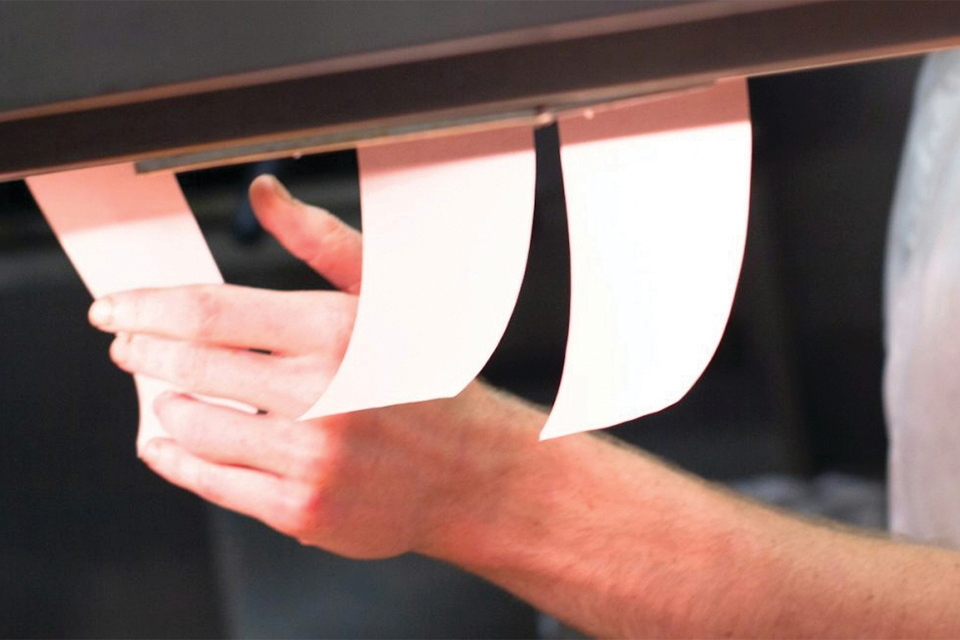
The restaurant kitchen is changing
Not every restaurant has an alert Carmy or a perfect kitchen staff. In many kitchens, a simple mistake, such as a wrong receipt while the steak is already on the grill, can lead to unnecessary and costly waste.
That is why more and more restaurants are switching from traditional receipt printers to digital solutions such as a kitchen screen or Kitchen Display System (CDB). Kitchen screens replace paper receipts and allow catering staff to track and rank orders in real-time, minimising errors and delays.
With a kitchen screen, orders are updated instantly, eliminating miscommunication between time of entry and execution. No more incorrect preparations, less waste, and a more efficient workflow-certainly for an already overburdened operation.
Where tradition meets technology
Would Carmy's team adapt to such a change? Perhaps. Many chefs are hesitant to introduce technology into the kitchen, fearing it will disrupt their way of working that they have spent years carefully perfecting. In many kitchens, there is plenty of debate about the balance between using hospitality tech for greater efficiency and maintaining the familiar kitchen routine.
A kitchen screen ensures that when Carmy passes on an order, each station knows exactly what needs to be done - without misunderstandings or missing receipts. So it does not replace the kitchen brigade, but supports the workflow, allowing chefs to concentrate on preparation instead of looking for orders.
Efficient service in busy restaurants
Without a streamlined order system, a restaurant kitchen can quickly become overloaded during peak hours. A kitchen screen helps improve service, reduces food waste and minimises miscommunication between service and the kitchen.
The tech transformation is in full swing. Global sandwich chain Subway, for example, is testing kitchen screens to speed up their service and streamline workflow. Smart features such as colour-coded priority notifications, tracking of dishes and aisles, and direct communication between service and kitchen (without running back and forth or shouting) ensure that even the busiest shifts run smoothly.
Modern restaurant cuisine: is Carmy keeping up with the times?
Season four of The Bear promises new challenges, new faces and new fires to put out. As the premiere approaches, the question remains: will Carmy's team evolve as restaurants do in real life, or will he stick to his old-school approach?
One thing is certain - whether he opts for innovation or sticks to traditions - his challenges hold a mirror up to every hospitality entrepreneur: do we stick with the familiar, or do we opt for smart solutions that bring calm and results to the kitchen?
Heeft u vragen over dit artikel, project of product?
Neem dan rechtstreeks contact op met Lightspeed Commerce.
 Contact opnemen
Contact opnemen
